We may earn money or products from the companies mentioned in this post. This means if you click on the link and purchase the item, I will receive a small commission at no extra cost to you … you’re just helping re-supply our family’s travel fund.
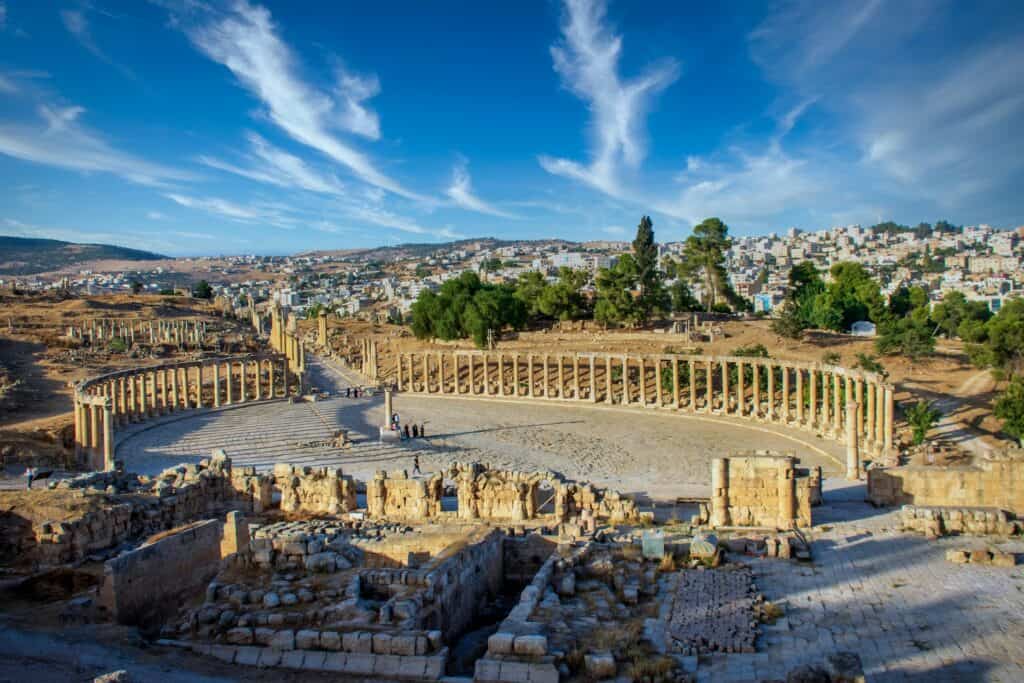
Breaking news thrives on outliers. On the ground, many places move at a calmer pace than their reputations suggest. Trains run, markets open, and neighborhood routines carry on without drama. Hosts explain local rules with patience, and small museums give context that headlines skip. In 2025, thoughtful planning still matters, but panic does not. What helps most is timing, modest itineraries, and listening to people who live there. The reward is simple: steady days, clear routes, and conversations that travel well.
Jordan
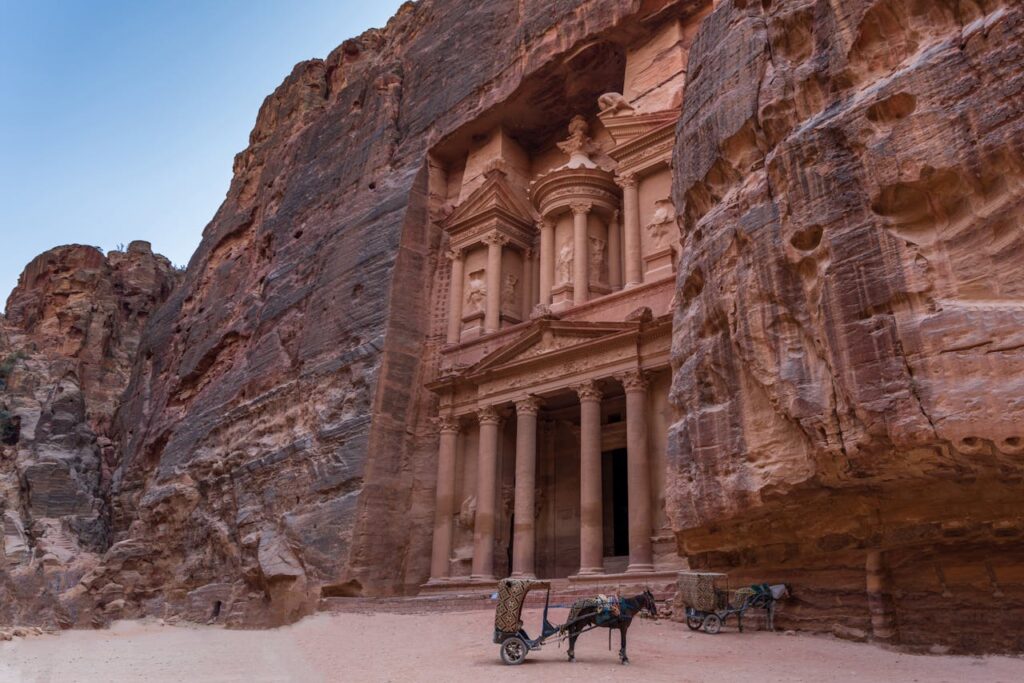
Jordan’s rhythm is hospitality first, logistics second. Petra and Wadi Rum draw crowds, yet the experience feels orderly when days start early and routes stay focused. Amman’s cafés and Roman theaters handle weekend traffic with grace, while the Dead Sea and Madaba add slow stops that balance the marquee sights. Highway checkpoints are routine and polite. Guides keep pace humane, tea appears often, and a night under desert stars lands as calm rather than stunt.
Oman
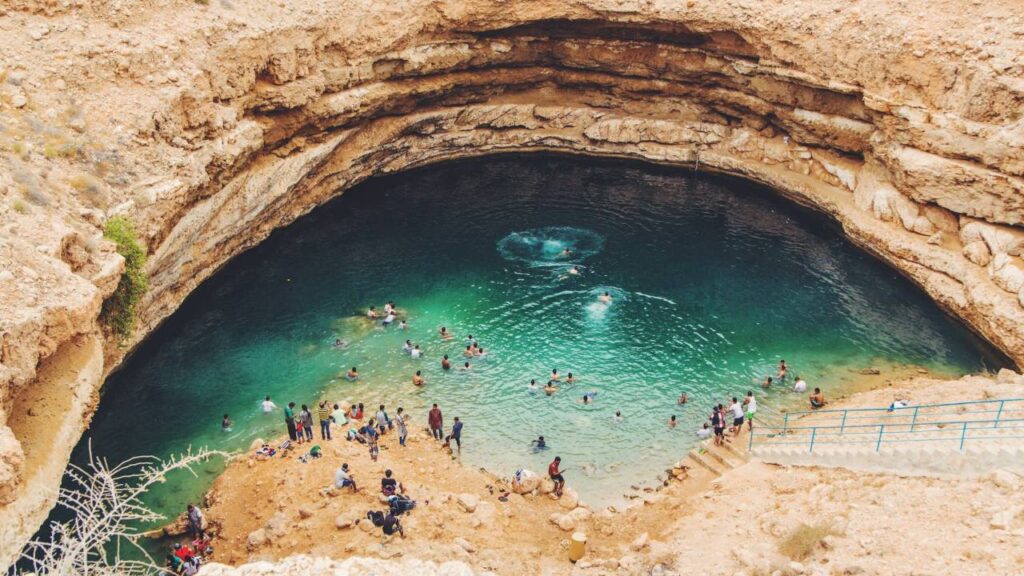
Oman pairs mountain roads and empty beaches with a culture that prizes discretion and welcome. Muscat works like a well-run harbor town, with corniche strolls and frankincense markets that feel neighborly. In the Hajar, wadis and forts come with clear signage and locals who point out safe trails. Desert camps value quiet over performance. Modest dress and respectful photos go a long way. The net effect is ease: measured driving, clean guesthouses, and unhurried evenings.
Malaysia
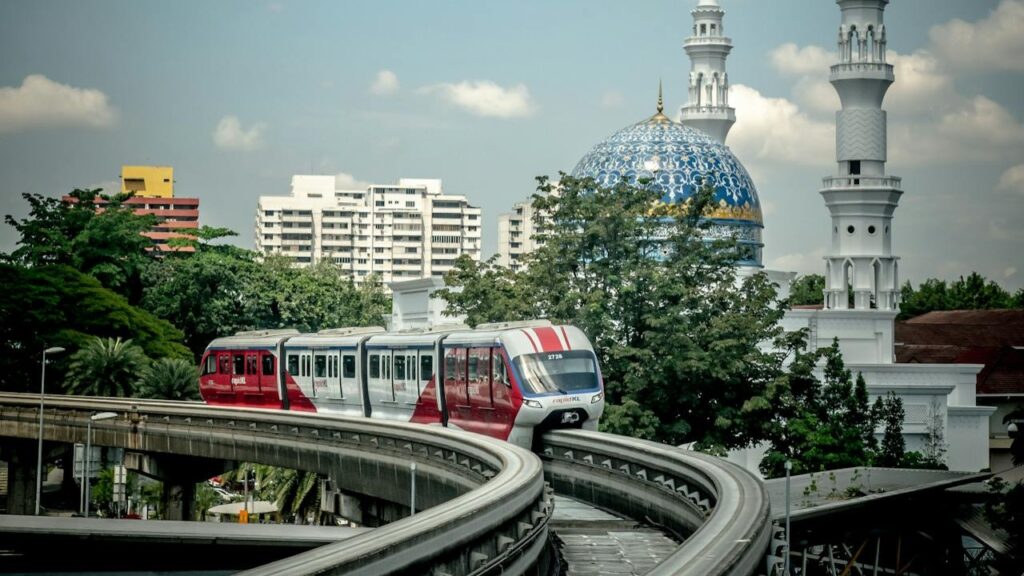
Daily life hums along trains, hawker centers, and island ferries that keep schedules without fuss. Kuala Lumpur’s mix of mosques and malls reads practical, while Penang layers Peranakan houses with food courts that police hygiene tightly. Borneo’s parks post rules that rangers actually enforce. Ride-hailing cuts last-mile guesswork, and card payments are common. The tone is friendly and direct. A plan that respects rain and midday heat earns a week of low-drama travel.
Portugal
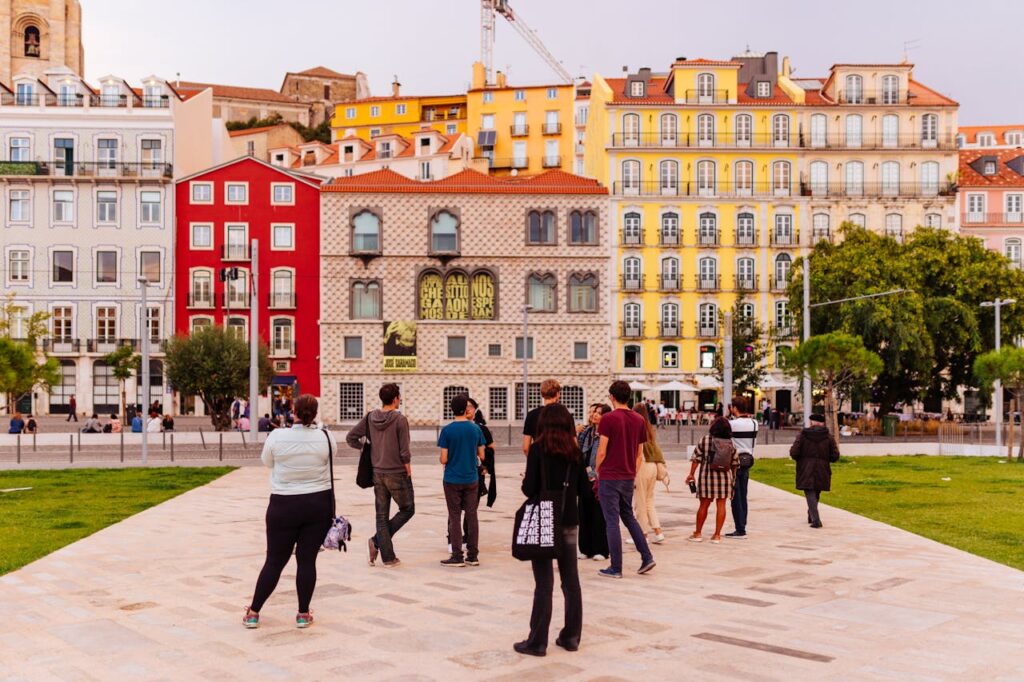
Headlines love crowds; neighborhoods keep their balance. Lisbon’s hills and trams work better in shoulder months, when lines shorten and conversations lengthen. Porto’s riverfront runs on walks, not warnings, and the Douro teaches patience by boat and train. Small towns hold doors open with tiled cafés and clear posted hours. Transit is readable, drivers are courteous, and staff explain tips without salesmanship. The feeling most days is tidy, social, and built to be shared.
Slovenia
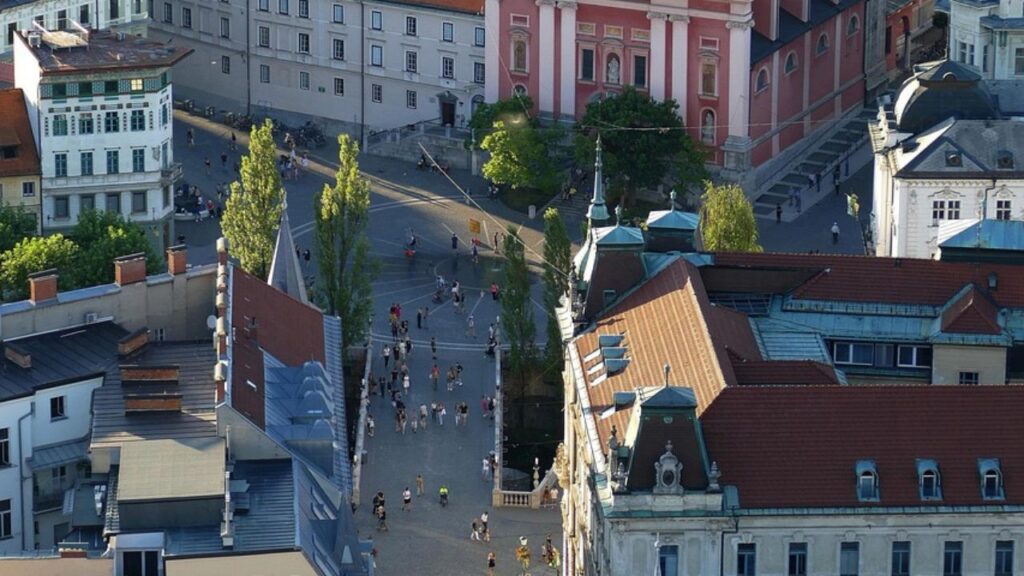
Slovenia reads like a model of small-scale order. Ljubljana’s center favors pedestrians and bikes, with riverside patrols that feel present but not heavy. Lake Bled and Bohinj reward early starts and respect for trail markers. Postojna and Škocjan caves manage flow with headcounts, not barked commands. Rural guesthouses post quiet hours and mean them. The country runs on clear signs, straightforward fees, and a public trust that visitors slip into easily.
Taiwan
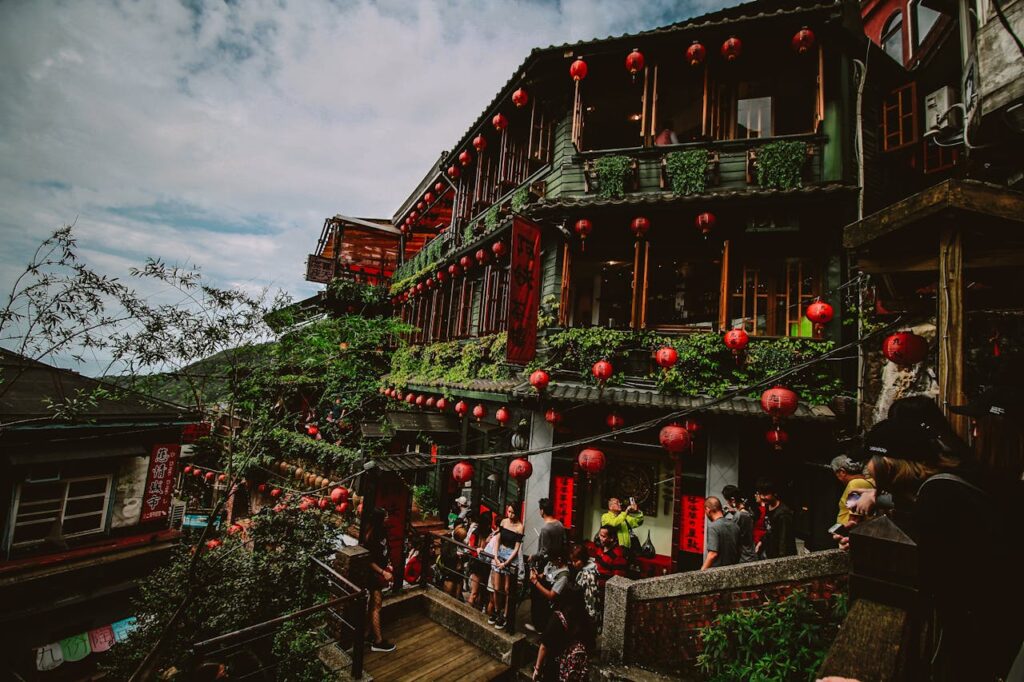
Night markets glow, metros run on the minute, and posted rules are not a suggestion. Taipei’s tap-and-go cards simplify nearly everything, from buses to bike shares, while station staff answer questions with patience. In Tainan and Hualien, temples and coastal paths replace hurry with ritual and scenery. Cashless payments are common, tap water guidance is clear, and food safety is a civic hobby. The prevailing mood is courteous, which sets the tone for visitors too.
Uruguay
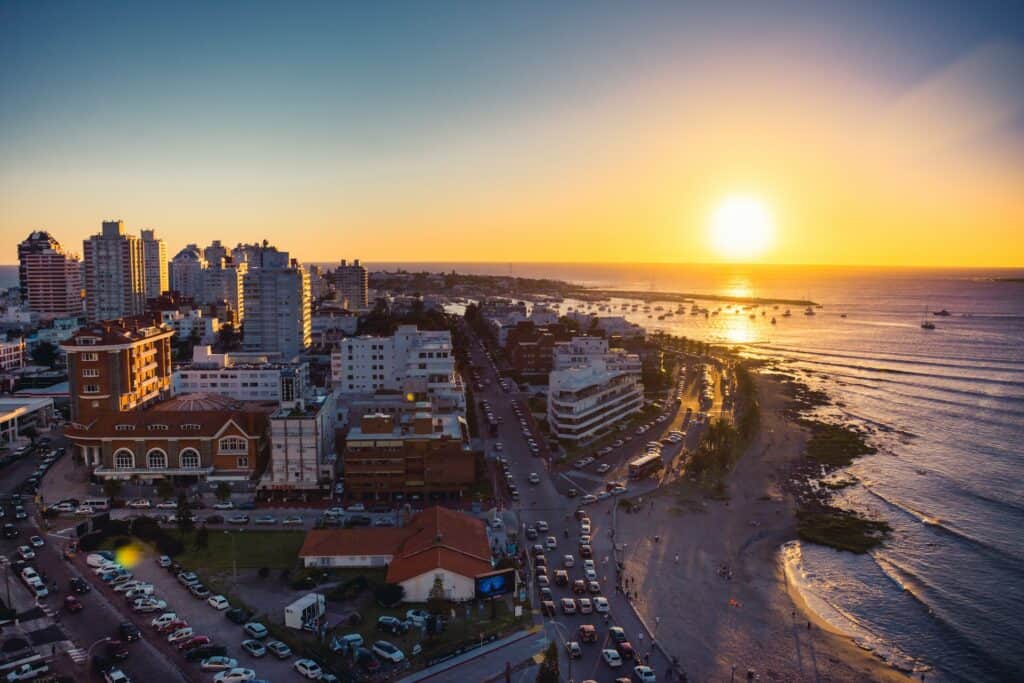
Montevideo’s rambla turns safety into a habit: families stroll, cyclists pass, and police keep a quiet watch. Colonia and Carmelo slow the day to river speed, while coastal towns focus on mate, soccer, and grilled fish over spectacle. Buses are on time, drivers are patient, and prices are posted. Nights run late but not wild. The country’s scale helps. Plans stay compact, locals greet with a nod, and most days end with a sunset and no surprises.
Rwanda
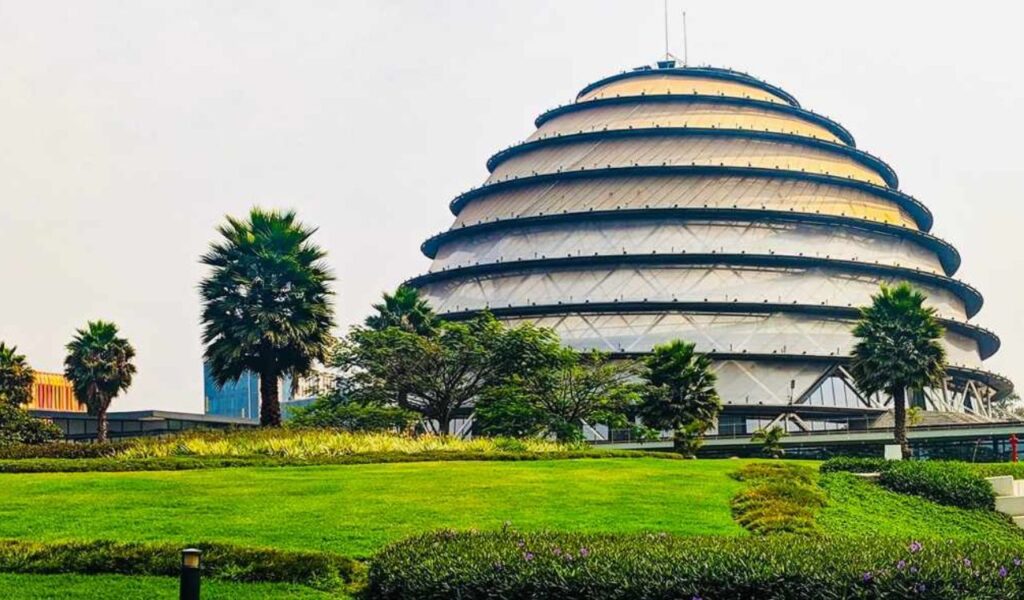
CC0/Wikimedia Commons
Kigali’s order sets expectations: clean streets, helmeted moto taxis, and clear rules that people actually follow. Memorials are solemn and carefully managed, parks require permits and briefings, and guides emphasize trail etiquette. In the countryside, coffee cooperatives and lake towns measure days by work and school, not by tourist clocks. Health checks are normal, receipts are printed, and the service culture is quiet and precise. The result is steadiness, not stiffness.
Morocco
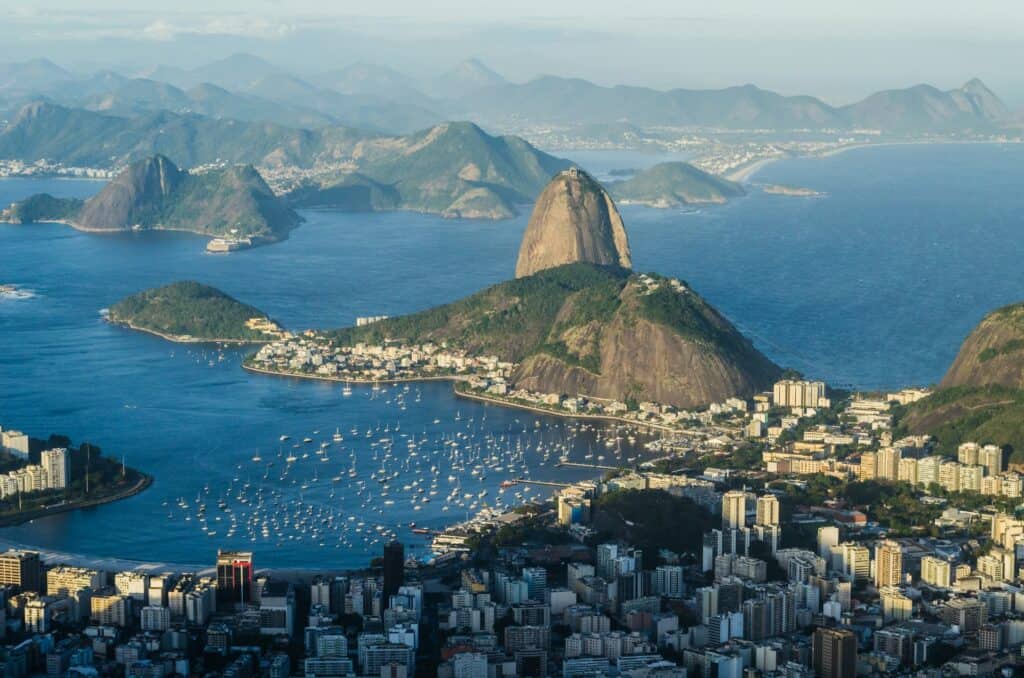
Medinas are busy, not unhinged. Firm no’s and a map downloaded in advance turn corners into conversations rather than tests. Trains link cities smoothly, riads staff night desks, and most shopkeepers prefer a clean sale to a noisy haggle. In the High Atlas, guides take weather seriously, and in coastal towns the pace is small-port sensible. Tea arrives often, doors are watched, and visitors who move with the rhythm find the day cooperative and kind.
Vietnam
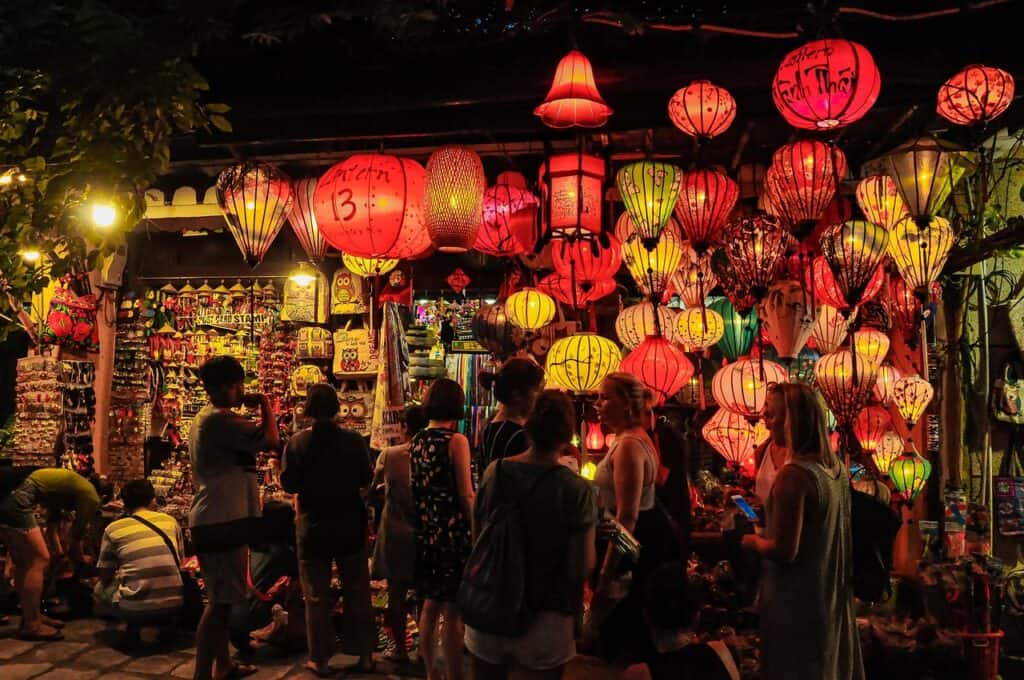
Scooters look like chaos until the pattern appears: predictability at a human speed. Hanoi’s old quarter, Hue’s citadels, and Hoi An’s river lanes reward early walks and patience at crossings. Night trains and new expressways shrink distances, while café staff share routes that dodge tour bottlenecks. Food hygiene standards have risen with pride, and prices are transparent in markets that value repeat business. The country’s warmth is practical, not performative.
Georgia (The Country)
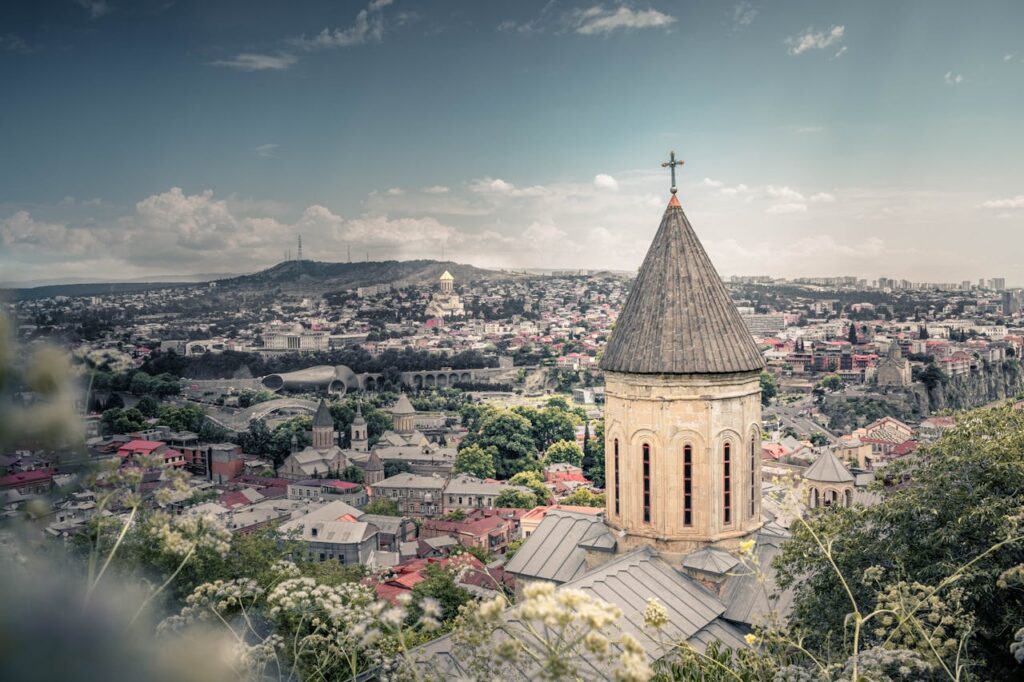
Tbilisi’s balconies and sulfur baths anchor a city that treats guests like extended family. Marshrutkas have a pecking order, wine villages post tasting hours, and mountain roads are driven by people who live with them daily. Police are visible, trailheads are marked better each year, and homestays dish khachapuri with genuine care. The advice is simple: trust schedules lightly, trust hosts a lot. The feeling, most days, is welcome backed by competence.
Albania
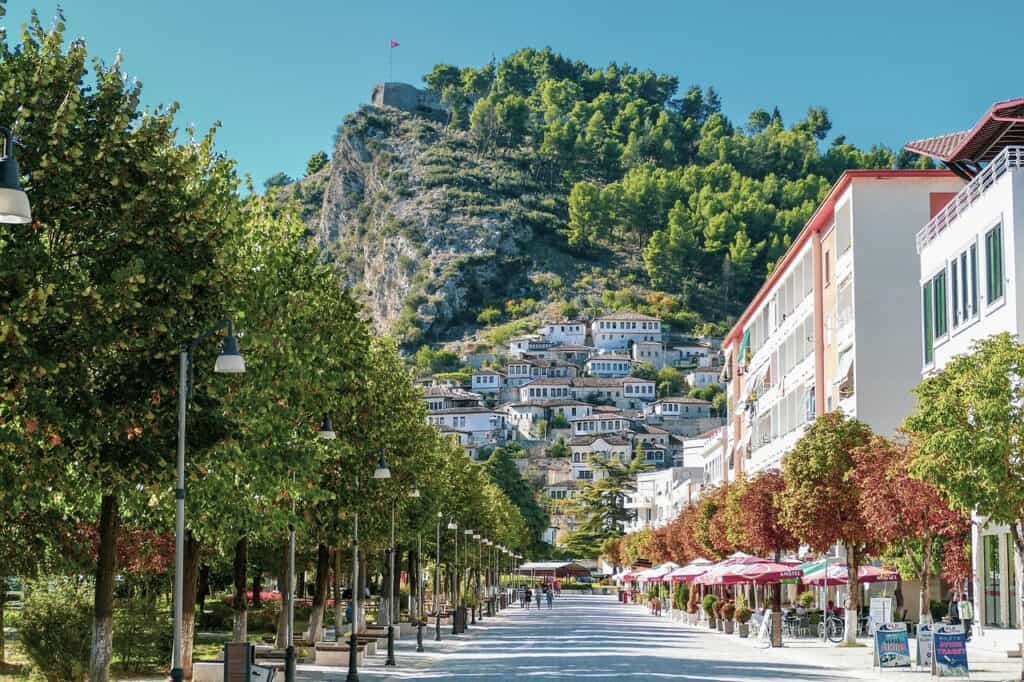
Albania’s coast and highlands share a common trait: neighbors look out for their streets. Tirana runs on cafés, parks, and a growing bike culture, while road police and new tunnels make intercity drives more predictable. Guesthouses post house rules and stick to them. Riviera towns keep music inside and families on the promenade. Trails in the Accursed Mountains are signed, and guides know when to turn back. The sum is calm travel in lived-in places.
Other Blog Posts You Might Enjoy
www.idyllicpursuit.com (Article Sourced Website)
#Countries #Americans #Call #Safer #Headlines #Author #Kathy #Haan
